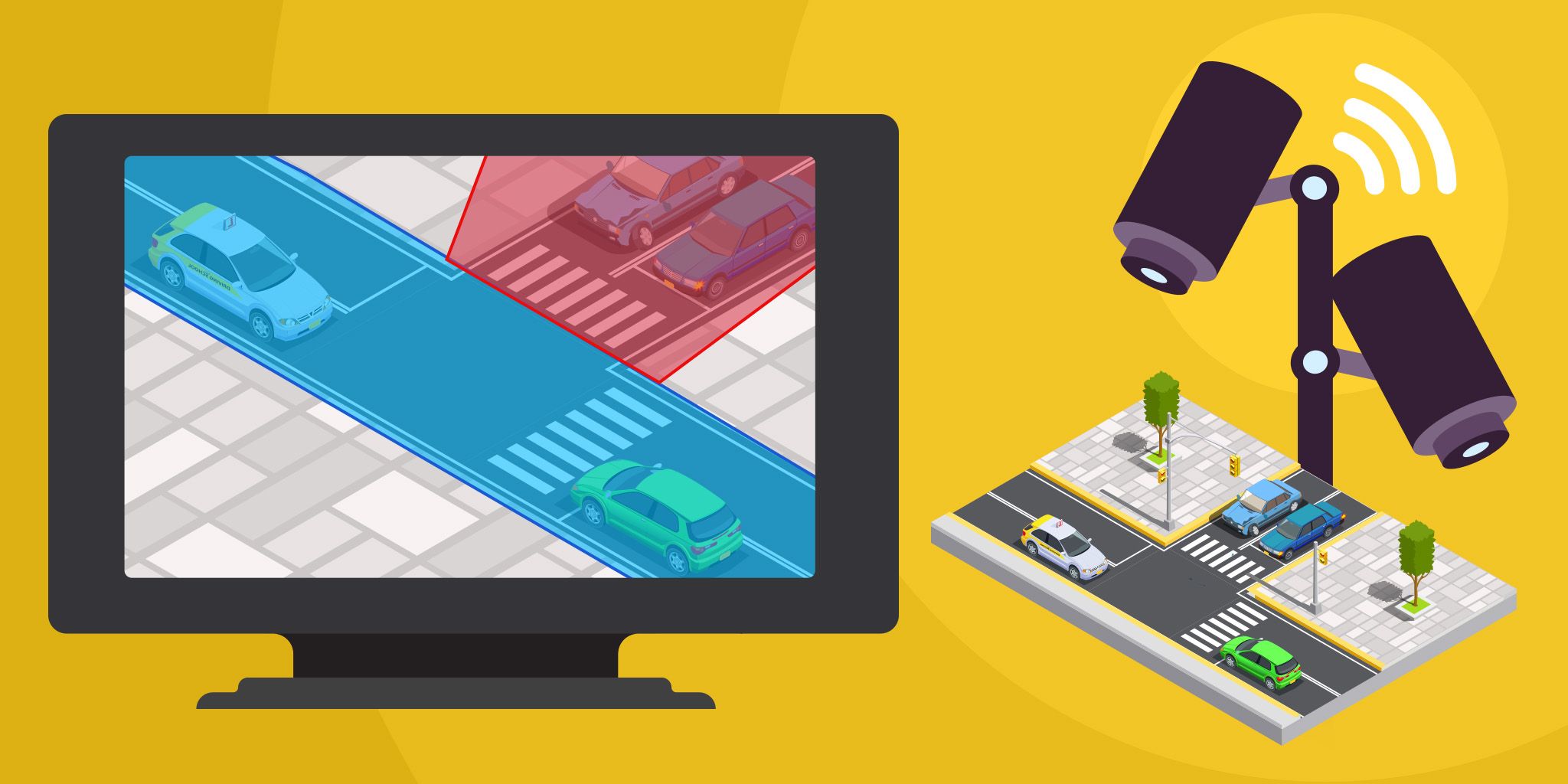Unlocking Smart Mobility and Transportation Use Cases with eSIM
Unlocking Smart Mobility and Transportation Use Cases with eSIM
- Last Updated: December 2, 2024
TEAL
- Last Updated: December 2, 2024



With the increasing adoption of Internet of Things (IoT) devices, eSIM (or embedded SIM), technology is quickly becoming a game-changer for mobility and transportation use cases. More than just a replacement for traditional SIM cards, eSIM is a revolutionary technology for global connectivity, with use cases ranging from vehicle telematics to public transportation systems.
Let’s explore how eSIM technology is transforming mobility and transportation use cases in ways we have never seen before.
eSIM Essential Benefits
#1: Enhanced Vehicle Telematics and Fleet Management
Telematics refers to the use of connected devices and technologies to transmit data in real time back to an organization. This data can include vehicle location, speed, fuel consumption, driver behavior, and more.
Telematics systems are used in many industries including transportation, logistics, and fleet management to monitor cars, trucks, and other assets by using GPS technology and onboard diagnostics (OBD) to plot the asset’s movements. Many companies requiring reliable, fast connectivity are turning to eSIM technology for greater control and flexibility.
eSIM technology makes it easy to seamlessly connect vehicles to any global network on demand, enabling the delivery of real-time data and insights. Real-time data is critical, helping organizations to optimize fuel consumption, perform proactive maintenance, and enhance safety features. The result is reduced downtime, increased fleet efficiency, and cost savings.
#2: Cargo and Freight Tracking
eSIM technology is transforming the way we track goods and cargo. With eSIM, it is possible to track the location of shipping containers, cargo planes, or freight vehicles in real time.
This real-time tracking enables cargo owners, logistics companies, and fleet managers to monitor the movement of goods, ensuring that they reach their destination safely and efficiently. Additionally, eSIMs make it easy to monitor and communicate with drivers in the field, thus reducing delays and improving shipment turnaround times.
#3: Connected Vehicle Technology
Connected vehicle technology is becoming increasingly popular in modern-day car models. It allows cars to be connected to the internet and to share data, opening up a world of possibilities in terms of safety, entertainment, and convenience.
eSIM technology is making connecting cars directly to the right networks easier than ever before. With eSIM technology, users can connect their vehicles and devices to any carrier network without having to physically swap out their SIM cards; all they need is access to an available network and the activation process is simple.
eSIM technology is also helping to connect and enable the cars of tomorrow as the world moves towards sustainable and eco-friendly transportation options. Electric vehicles (EVs) are a big part of the sustainable movement and eSIM technology is essential in EVs because reliable connectivity helps drivers locate charging stations, manage their battery life, and access real-time data on the vehicle’s performance.
When it comes to EV charging infrastructure, robust network connectivity is an important factor in keeping charging stations up and running. Nearly 22 million connected EVs are projected to be on US roads by 2030, and millions of charging stations will require reliable connectivity to support the EVs of tomorrow.
#4: Smart Cities and Advanced Public Transportation Systems
The use of eSIM technology is not only limited to cars but extends to public transit systems. Smart cities are enhancing urbanization by adopting intelligent automation for services, energy, and transportation.
eSIM technology is foundational to many emerging smart city applications, including driverless cars, connected vehicle infrastructure, and public transportation systems. The technology enables real-time tracking of public transit vehicles, which helps transit operators manage routes and schedules more efficiently.
eSIM technology enables direct-to-vehicle communication, letting drivers and operators access real-time data, receive alerts and updates, and even initiate vehicle safety features. With eSIMs powering connectivity, smart cities will be utilizing big data, innovative IoT devices, and other transformative technologies for a safer, more productive, and more sustainable future.
#5: Autonomous Transportation
The use of eSIM in autonomous vehicles has the potential to produce more efficient, safer, and intelligent transportation systems. eSIMs provide reliable and secure data connectivity to autonomous vehicles, enabling them to send and receive data with other vehicles, infrastructure, and back-end systems.
Autonomous vehicles also rely on eSIM-based cellular connectivity to transmit critical data, such as real-time traffic updates and road conditions to other vehicles and central networks.
Faster and More Cost-Effective Deployment
The adoption of traditional SIMs often resulted in extensive time and resources spent on deployment, such as physically installing or upgrading SIM cards. eSIM technology eliminates these challenges through remote provisioning.
This enables businesses to manage network connectivity for IoT devices anywhere, anytime. For enterprises with a complex supply chain, eSIMs can help to enable technologies that speed up critical business processes, allocate resources for preventive maintenance, and increase sales and trading opportunities globally.
Any cellular-equipped vehicle can become carrier agnostic and can be deployed at a moment’s notice anywhere in the world. eSIM technology provides on-demand access and real-time configuration for any supported mobile network worldwide. This translates into easy, fast, and reliable deployment of cars and trucks anywhere in the world.
As eSIM technology becomes more widespread, it will undoubtedly continue to impact the mobility and transportation industry positively. Connected vehicle technology, public transportation, fleet management, cargo tracking, and maintenance services have all benefitted from the implementation of eSIM technology.
eSIM technology is a game-changer, and the mobility and transportation industry is the perfect place for it to thrive. Embracing this technology will be critical for many companies across almost every vertical to remain competitive.
The Most Comprehensive IoT Newsletter for Enterprises
Showcasing the highest-quality content, resources, news, and insights from the world of the Internet of Things. Subscribe to remain informed and up-to-date.
New Podcast Episode

IoT in 2026: Trends and Predictions
Related Articles




